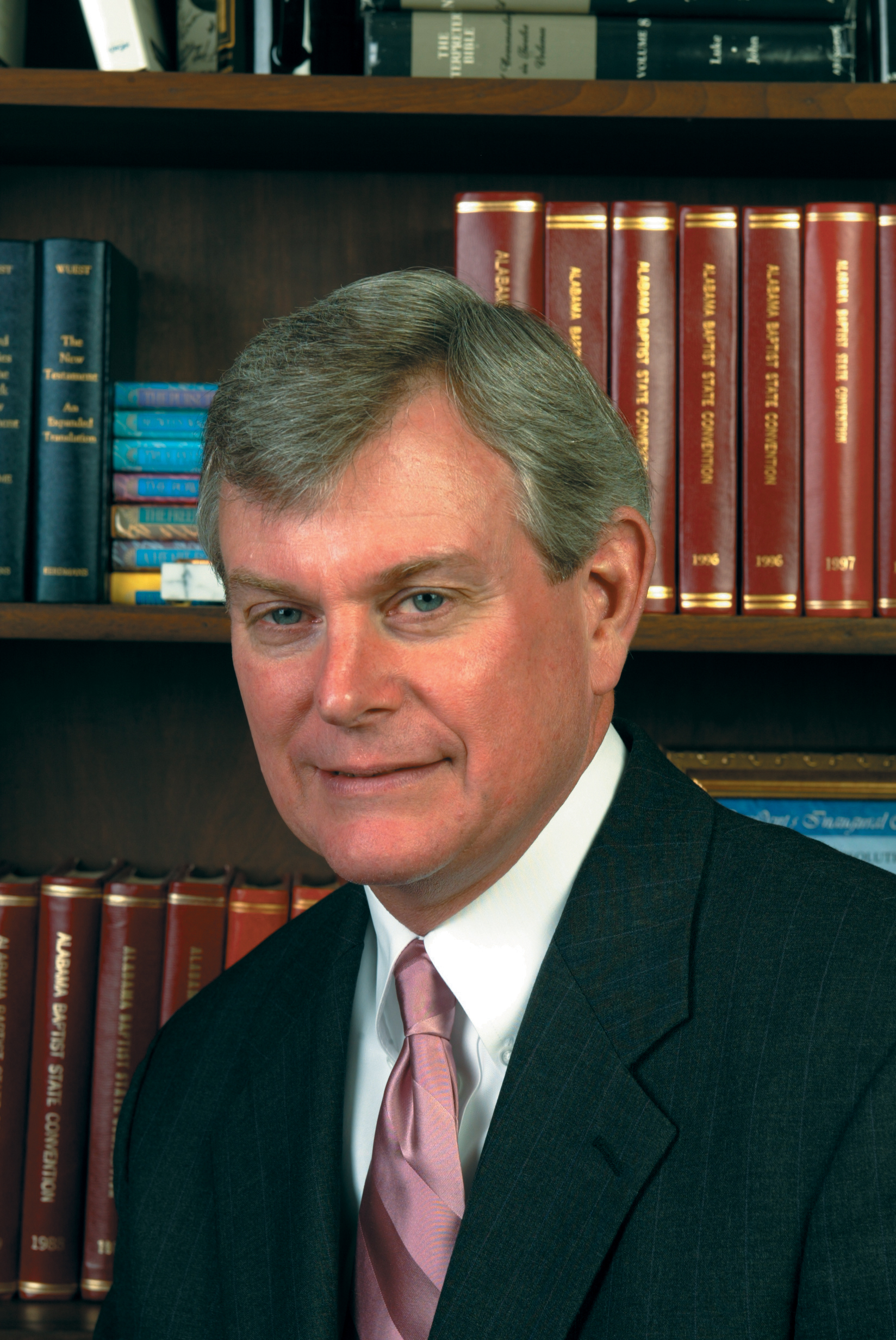
MOBILE, Ala. (BP)–The president was right.
“Whatever we once were, we’re no longer a Christian nation,” then-candidate Barack Obama said during a June 2007 speech. “At least not just. We are also a Jewish nation, a Muslim nation, and a Buddhist nation, and a Hindu nation, and a nation of nonbelievers.”
That statement stirred a great deal of dust in Christian communities across the land. But regardless of a politician’s intent in a campaign speech or how strongly the notion may have been rejected among persons of faith, the simple truth is, his words were correct.
According to data developed by the Barna research group through 2009, only 50 percent of American adults think that Christianity is still the “automatic faith of choice” in the U.S. A majority of self-identified Christians surveyed indicated comfort with the idea that the Bible and sacred books from non-Christian religions all teach the same truths and principles. Seventy-one percent of respondents said they will develop their own religious beliefs rather than accept the set of beliefs promoted by a church or denomination. And, only one third believe in absolute truth.
So, if the term is biblically defined, then no, America is no longer a Christian nation.
The critical question is, “What now?” Can America experience a restoration of Christian faith and character to such an extent as to transform the nation? Absolutely — if it is approached on God’s terms.
His terms have already been stated in 2 Chronicles 7:14. “[If] … My people who are called by My name humble themselves and pray and seek My face and turn from their wicked ways, then I will hear from heaven, will forgive their sin and will heal their land.”
That statement was delivered to Solomon by God upon completion and dedication of the Temple in Jerusalem and was in response to a rehearsal of tragic national consequences resulting from human arrogance and disobedience in the nation of Israel. It is one of the “if/then” promises found in Scripture. “If” people fulfill stated responsibilities — humble self, pray, seek God, and turn from sin; “then” God will respond — attend their petition, forgive their sin, and heal their land.
But the promise was made to Israel. In the case of Israel, the nation and the people “called by God’s name” are one and the same. Such is not so in any other nation, including America. However, I believe the promise may be applied to the people in America who are called by God’s name — the Church of Jesus Christ.
So, the possibility of national transformation lies not with patriotic fervor for the American state and its culture, but with the influence of Christ’s church upon that culture.
The weak link in the transformation of a nation is the individual Christian’s fulfillment of responsibility. God is faithful — He will take care of His part. So, let’s take a look at our part of the deal.
Humble self. Pray. Seek God. Turn from sin.
Consider the first responsibility — humility. Praying, seeking God and turning from sin follow rather smoothly if we get a grip on humbling self. But, there’s the rub — what we are talking about is total unconditional surrender of one’s self to the rule of God.
Surrender and the humiliation of one’s self is more than simply an unpleasant thought. It is contrary to every trace of human nature, American spirit, and sense of rightness within us. Yet that is the requirement of God.
“You shall love the Lord your God with all your heart and with all your soul and with all your might.” (Deuteronomy 6:5; repeated by Jesus in Matthew 22:37) That word “all” is the catch. It speaks of the entirety of one’s being and allows no margin or hedge.
So Christian, you say you want to see a spiritually transformed nation. Here’s the “A” plan — stop praying for revival, restoration, transformation, or any other of the “church club” words we use so easily. Start praying for brokenness — not of all those others, but of yourself. Ask God to teach you about surrender and humiliation and the rule of God in you.
There is no plan B.
–30–
Mark Foley is president of the University of Mobile.

















